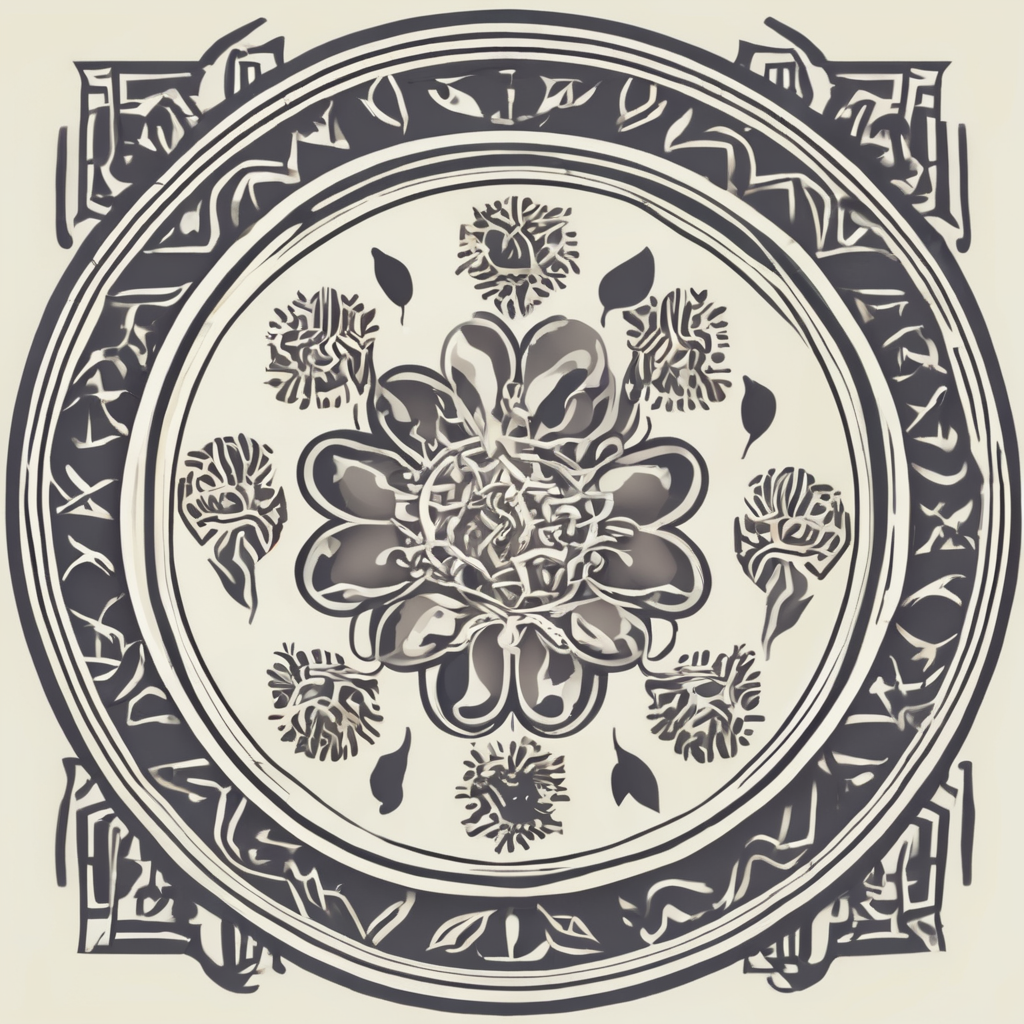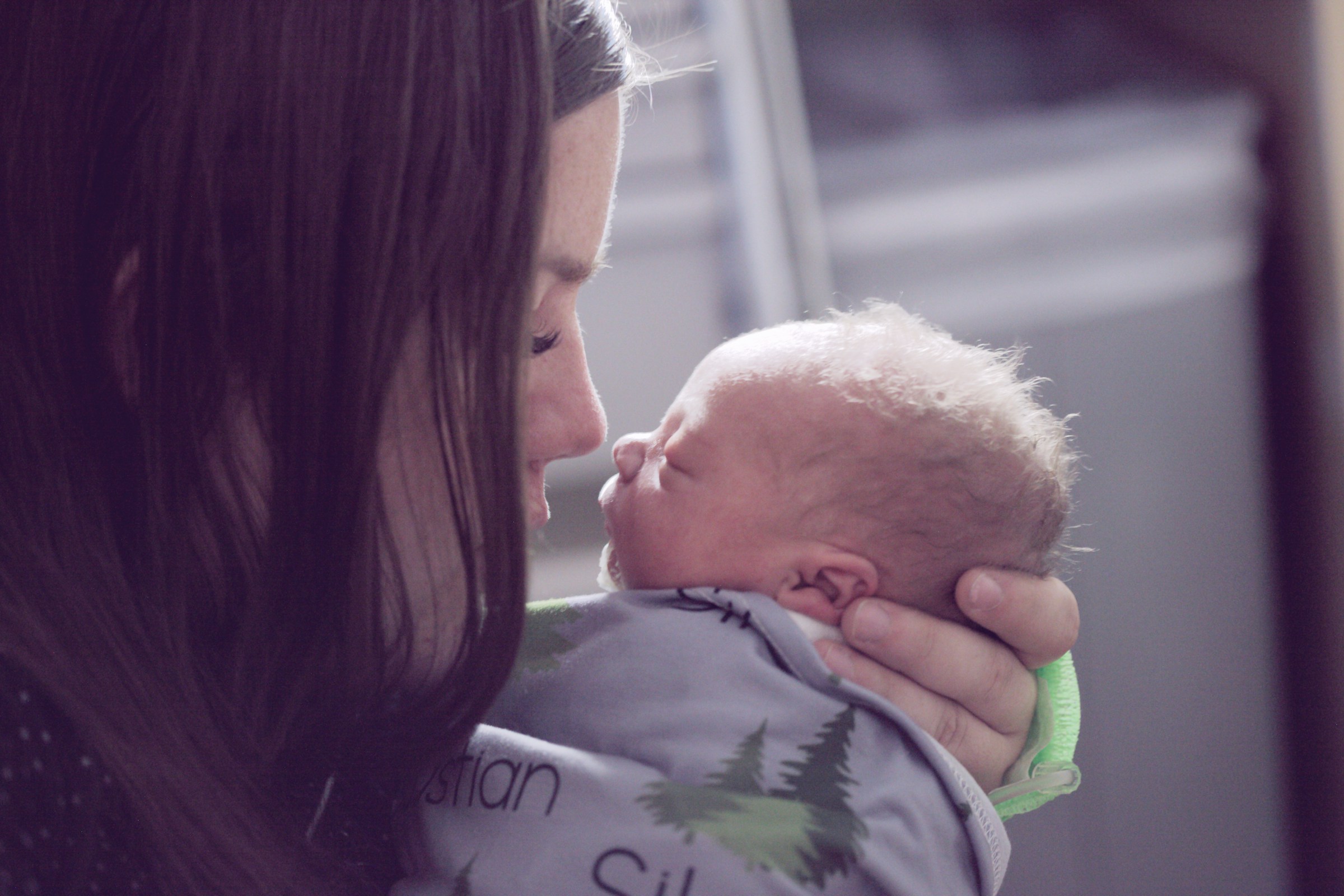The birth of a baby, while incredibly joyous, can also usher in a tumultuous time for mothers. This period, known as the postnatal or postpartum period, can often leave new mothers grappling with a bevy of emotions. One of the most common yet least discussed manifestations of this is Postpartum Depression (PPD).
PPD, also known as perinatal depression, is a mental health issue that affects roughly one in seven women following childbirth. Symptoms can include persistent sadness, anxiety, mood swings, fatigue, and even an inability to bond with the baby. It is crucial to seek help and support for PPD, as left untreated, it can pose significant risks, both to the mother and the baby.
Additional reading : What Is the Protocol for Handling Unplanned Home Births in Rural UK Regions?
Whether you are a new mother, a supportive partner, or a concerned relative, understanding the resources available for dealing with PPD is paramount. This article will highlight some of the UK organizations that offer comprehensive support services for PPD.
National Health Service (NHS)
The NHS, as per Google scholar studies and services data, is a frontrunner in providing mental health support for postpartum depression in the UK.
Also to discover : How Can Pregnant Women in the UK Ensure Adequate Vitamin B12 Intake, Especially If Vegan?
The NHS has a dedicated section on its website about PPD where it lists out the symptoms, risk factors, treatments, and support options. It also provides access to health professionals, such as specialist nurses, health visitors, and GPs, who can offer diagnoses, therapy sessions, or medication as needed.
The NHS website also features a map locator for mothers to find professional services close to them. Another notable feature is the Mood Assessment Quiz on the site that helps determine if mothers are suffering from depression or anxiety.
PANDAS Foundation
The PANDAS Foundation is another organization that offers help to mothers suffering from perinatal mental illnesses. They provide a helpline, email support, and a comprehensive directory of support groups across the UK.
Their services are designed to offer immediate help in times of crisis or for those needing advice. The PANDAS helpline is run by trained volunteers who have personal experience with PPD, enhancing their understanding and empathy towards callers.
The Foundation also offers resources for partners and families, emphasizing the importance of a strong support network for mothers suffering from PPD.
Association for Post Natal Illness (APNI)
Established in 1979, APNI is one of the oldest organizations in the UK that provides wide-ranging support for mothers experiencing postnatal illnesses.
APNI offers a helpline, manned by volunteers who have themselves been affected by PPD, lending a compassionate and understanding ear to those in need. Their website also features a vast library of resources, including leaflets on coping strategies, personal stories, and scholarly articles on postnatal depression.
The organization also provides an online forum where mothers can connect and share experiences, fostering a sense of community and shared understanding.
Mind
Mind, the mental health charity, provides extensive resources for a variety of mental health issues, including postpartum depression.
Their website is a treasure trove of information on PPD, with details of symptoms, causes, and a range of possible treatments. There are also personal stories from women who have experienced PPD, offering a comforting reminder that you are not alone in this journey.
Mind also provides direct support services, including talking therapies and peer support groups. They have a network of local Minds providing face-to-face services tailored to communities across England and Wales.
Tommy’s
Tommy’s, a charity that funds research into pregnancy problems, also provides support for postnatal depression.
The Tommy’s website features a Mental Health Information Service, where mothers can find comprehensive and accessible information on PPD. Mothers can also join the ‘Together with Baby’ course, a six-week online course designed to help mothers bond with their babies and manage their mental health.
In summary, postpartum depression is a serious mental health issue that affects many women. It is essential to reach out for help if you suspect you are experiencing PPD. The above organizations offer a wide range of services and support, from information and advice to therapy and peer support groups. It is crucial to remember that there is no shame in seeking help, and with the right support, recovery is entirely possible.
Royal College of Psychiatrists (RCP)
The Royal College of Psychiatrists (RCP) is another reputable UK organization that provides a wealth of resources for mental health issues, including postpartum depression. RCP is well-recognized and referenced in several mental health studies published in Google scholar, Pubmed Crossref, or DOI Pubmed, confirming its reliability in the field of mental health services.
RCP offers a section on their website dedicated to perinatal mental health. This section covers a comprehensive understanding of PPD, providing intricate details about its symptoms, causes, and various treatment options. Besides, the website debunks common myths associated with postpartum depression, helping to educate and dissolve stigma around this mental health issue.
The RCP website also offers downloadable leaflets, and articles that provide practical advice for dealing with PPD. It gives information on medications, therapies, and lifestyle changes that can aid in managing postnatal depression. The website also provides resources for partners and family members, emphasizing the role a strong support network can play in recovery.
Furthermore, RCP runs a series of educational modules targeted at health professionals. These training modules aim at enhancing the understanding of PPD among health professionals, thereby improving the quality of care provided to affected mothers.
Samaritans
Known for their 24/7 service, Samaritans is a UK organization that provides emotional support to anyone in emotional distress, struggling to cope, or at risk of suicide. This includes mothers grappling with mental health problems such as postpartum depression and postpartum psychosis.
At Samaritans, help is just a phone call away. Their helpline is manned by trained volunteers who listen empathetically, providing a safe and confidential space for mothers to express their feelings without fear of judgment or stigma. This immediate response in times of crisis is a crucial service for mothers dealing with a control group of emotions associated with PPD.
Apart from their helpline, Samaritans also provides email support, offering another medium for mothers to reach out for help. Importantly, Samaritans reminds us that seeking help is not a sign of weakness but a step towards recovery.
In addition to these direct support services, their website contains a wealth of information about PPD. From highlighting risk factors to providing useful tips for self-care, the website is a useful source of information and support.
Conclusion
Postpartum Depression is a mental health issue that affects a significant number of mothers post childbirth. It is characterized by persistent sadness, anxiety, mood swings, and fatigue. In some cases, it may even lead to an inability to bond with the baby, increasing the mother’s risk of developing more severe mental health problems like postpartum psychosis.
While it’s essential to understand the gravity of PPD, it’s equally crucial to remember that help is available. Several UK organizations, such as the NHS, PANDAS Foundation, Association for Post Natal Illness, Mind, Tommy’s, Royal College of Psychiatrists, and Samaritans, provide comprehensive support services for postpartum depression.
These organizations offer a wide range of services from providing information, advice, therapy, to peer support groups, and more. Each organization provides a unique contribution to the treatment of PPD, creating a robust support system for mothers.
In conclusion, no mother should suffer in silence. If you suspect you or a loved one may be experiencing symptoms of PPD, reach out to these organizations. Remember, with the right support and treatment, recovery from postpartum depression is entirely possible.











